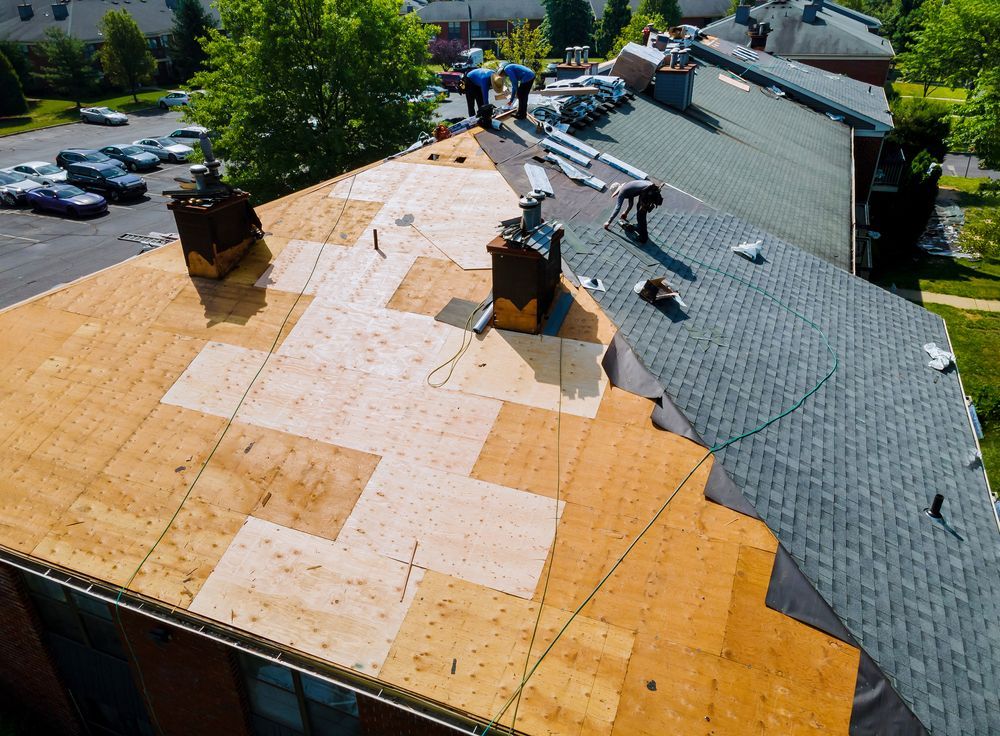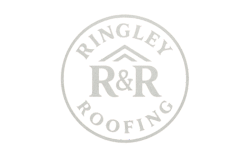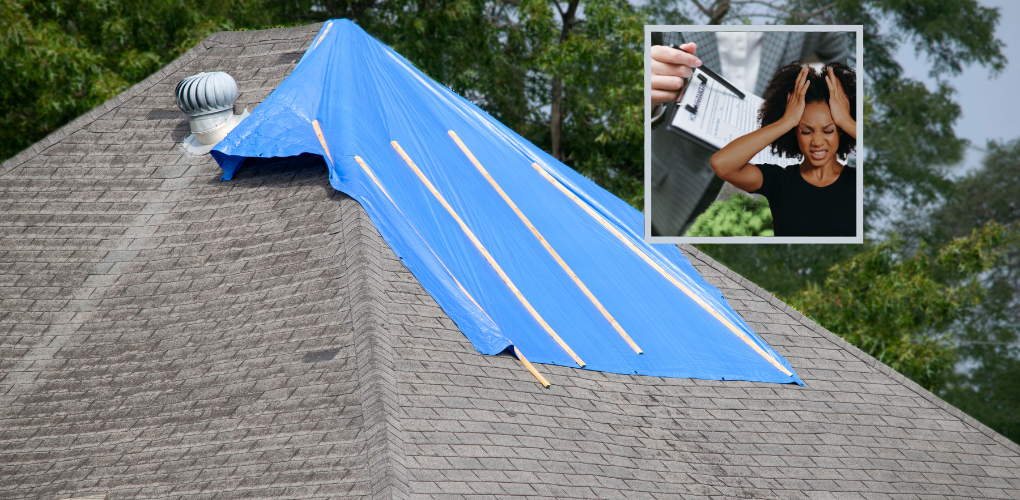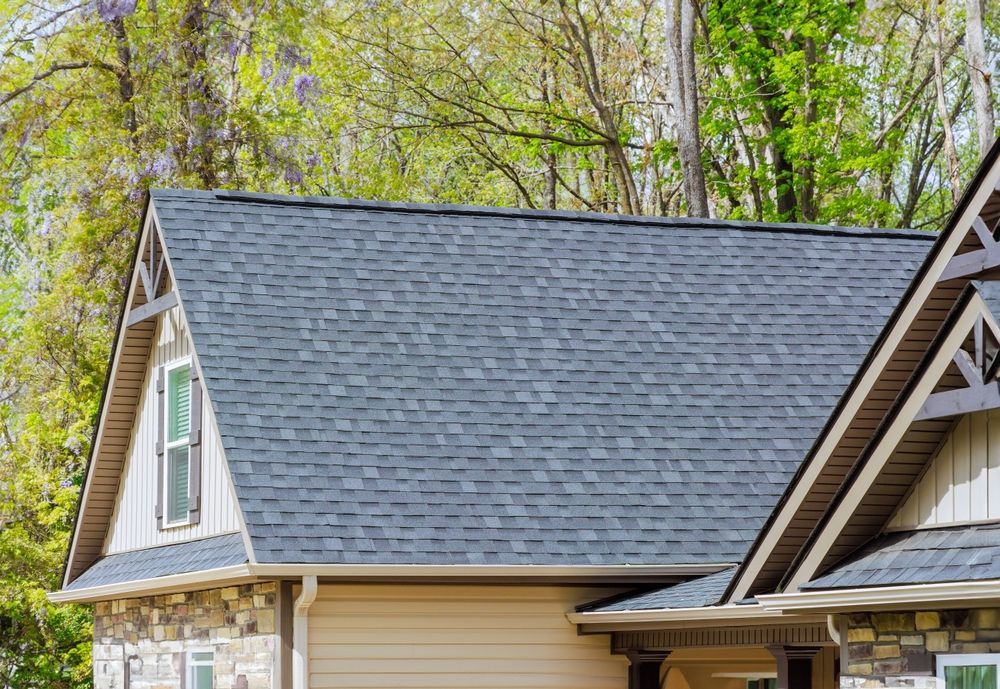What Is the Most Durable Roof for Commercial Buildings?

When it comes to commercial buildings—like warehouses, hospitals, office complexes, shopping centers and apartment complexes, the roof plays a prominent role in protecting the building, conserving energy dollars, and providing uptime operation. The need for durability cannot be emphasized enough, since the time and cost of roof repair or replacement can be very debilitating. So, what is the most durable roof for commercial buildings? Let's see who the leaders are and why they're best.
Why Roof Durability Matters in Commercial Spaces
- Long-Term Durability and Cost-Effectiveness
Durable roofing systems reduce the frequency of repairs and replacements, decreasing overall cost of ownership throughout the building's lifespan. Longer-lasting roofs equal less disruption to business operations, which is critical in high-risk environments like hospitals or data centers.
- Resistance to Weather and the Environment
Commercial buildings face exposure to a wide range of elements—sun, rain, wind, snow, and even industrial materials. The more resilient the roof, the more secure the building structure and interior are.
- Conformance and Insurance Cost Savings
A solid roof usually meets or exceeds building code requirements, which reduces liability exposures and may lower insurance premiums.
Top Durable Commercial Roofing Systems
Several roofing systems are commonly used in commercial applications, but a few stand out for their exceptional durability.
1. Metal Roofing (Standing Seam or Corrugated Panels)
Lifespan: 40–70 years
Why It’s Durable:
Metal roofs are among the longest-lasting options on the market. They resist fire, mildew, insects, and rot. Metal panels are strong enough to withstand extreme weather, including high winds, hail, and heavy snow.
Best For:
Warehouses, industrial buildings, and office complexes looking for low maintenance and long-term performance.
Bonus:
Many metal roofs can be coated for added UV resistance and energy efficiency.
2. Built-Up Roofing (BUR)
Lifespan: 20–30 years
Why It’s Durable:
BUR systems are made from multiple layers of bitumen and reinforcing fabrics, forming a thick, waterproof membrane. The layered construction makes it particularly durable and puncture-resistant.
Best For:
Flat or low-slope roofs in commercial buildings where foot traffic or mechanical equipment is common.
Bonus:
BUR provides excellent UV protection and can be topped with gravel for extra durability.
3. Thermoplastic Polyolefin (TPO) Roofing
Lifespan: 20–30 years
Why It’s Durable:
TPO is a single-ply roofing membrane known for its flexibility, puncture resistance, and heat-welded seams. It stands up well against UV rays, chemicals, and bacterial growth.
Best For:
Medical facilities, restaurants, and office buildings where cleanliness and energy efficiency are priorities.
Bonus:
Highly reflective, making it a great option for reducing cooling costs in warmer climates.
4. EPDM (Ethylene Propylene Diene Monomer)
Lifespan: 25–30 years
Why It’s Durable:
EPDM is a synthetic rubber roofing membrane that resists ozone, UV radiation, and temperature extremes. It’s especially durable in colder climates due to its flexibility and resistance to cracking.
Best For:
Hospitals, schools, and office buildings in temperate or cold regions.
Bonus:
It’s easy to install and repair, lowering maintenance costs over time.
In Conclusion: Which Roof Is Most Durable?
Metal roofing takes the top for overall durability due to its superior lifespan, low maintenance requirements, and high performance in most climates and applications. However, the "most durable" answer, nevertheless, may vary depending on specific building needs, climate, and budget.
For example:
- Apply TPO for durability vs. energy efficiency.
- Utilize BUR when pedestrian foot traffic or equipment support is needed for your roof.
- Utilize EPDM where climates are cooler in temperature and weather and flexibility are concerns.
Final Thoughts
When selecting a commercial roofing system for a building, select based on durability, energy efficiency, and the specific needs of your building. A qualified commercial roofing professional can guide you in choosing the best system for long-term performance and ROI.




